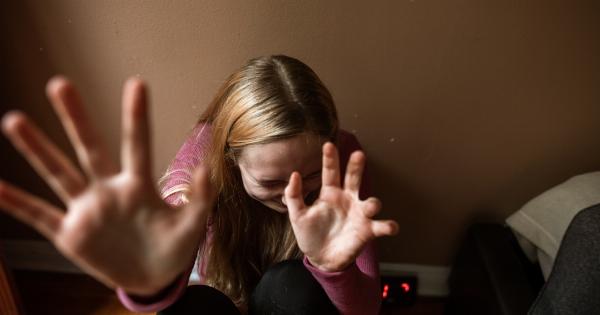Domestic violence affects millions of people around the world every year, and children are often the silent victims of this devastating issue.
Witnessing violence at home can negatively impact a child’s physical and emotional development, leading to serious long-term consequences. Understanding the impact of domestic violence on children is crucial for addressing and preventing this problem. In this article, we will explore how domestic violence affects children and what can be done to help them.
What is Domestic Violence?
Domestic violence is a pattern of behavior used by one partner to gain and maintain power and control over another partner in an intimate relationship. It can involve physical, sexual, emotional, and economic abuse, as well as other forms of violence.
Domestic violence can occur in any type of relationship, regardless of age, race, religion, or socioeconomic status. It is a serious and widespread problem that affects millions of people every year.
The Impact of Domestic Violence on Children
Children who witness domestic violence are at a higher risk of experiencing a range of negative effects, including:.
1. Physical Health Problems
Children who witness domestic violence can experience a range of physical health problems, such as headaches, stomachaches, and other stress-related symptoms.
They may also be at a higher risk for chronic health conditions, such as asthma, obesity, and heart disease, later in life. Exposure to violence can also result in injuries, either directly or indirectly, if children try to intervene or get caught in the crossfire.
2. Mental Health Problems
Domestic violence can have serious long-term effects on a child’s mental health.
Children who witness violence at home are at a higher risk of developing depression, anxiety, post-traumatic stress disorder (PTSD), and other mental health conditions. They may also experience feelings of guilt, shame, and self-blame, as well as low self-esteem.
3. Behavioral Problems
Children who witness domestic violence may also experience a range of behavioral problems, such as aggressive or violent behavior, social withdrawal, and poor academic performance.
They may also be at a higher risk for substance abuse and delinquency later in life.
4. Impaired Development
Exposure to domestic violence can negatively affect a child’s development, both physically and emotionally. Children who witness violence may have difficulty forming healthy relationships with others, including peers and romantic partners.
They may also have trouble regulating their emotions and may struggle with impulse control.
5. Increased Risk of Future Violence
Children who witness domestic violence may be at a higher risk of experiencing violence in their own intimate relationships later in life. They may also be more likely to perpetrate violence themselves.
How to Help Children Who Witness Domestic Violence
There are several ways to help children who witness domestic violence:.
1. Ensure their safety
The first priority should always be the safety of the child. If the child is in immediate danger, call emergency services or take them to a safe place.
2. Seek professional help
Children who have witnessed domestic violence can benefit from professional counseling or therapy. This can help them process their experiences and develop coping strategies to manage the emotional and behavioral effects of violence.
3. Provide a stable and supportive environment
Children who witness violence at home may benefit from a stable and supportive environment outside of the home.
This can include time spent with extended family or friends, participation in extracurricular activities, and access to other positive role models.
4. Encourage healthy relationships
Children who witness domestic violence may struggle with forming healthy relationships with others.
Encouraging positive social connections and modeling healthy relationship behaviors can help children develop the skills they need to form healthy relationships in the future.
Conclusion
Domestic violence has a profound impact on children’s lives, both in the short term and the long term.
Understanding the effects of domestic violence on children and providing the necessary support and resources is critical for addressing and preventing this issue. By prioritizing the safety and well-being of children who witness domestic violence, we can help them overcome the negative effects of violence and build a brighter future.
























